Reducing Energy Consumption by Design
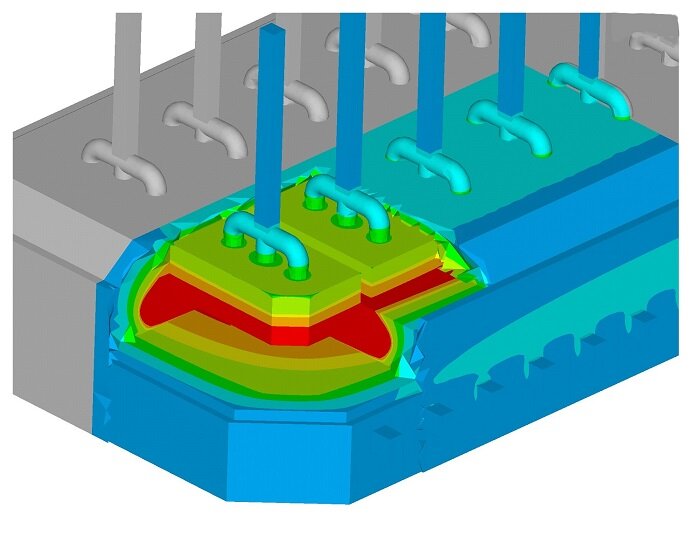
Design improvement of the Hall-Héroult by trial and error is not practical. However, LMRC advanced mathematical modelling tools can enhance the process of cell design by simulating the resultant thermal and electrical conditions in the cell. This includes prediction of the superheat, ledge profile and more. Using the 3D thermo-electrical model will enable the LMRC team to verify cell designs prior to installation, detect design faults, and recommend improvements to both design and practices that reduce energy consumption.
Learn more
----------------------------------------------------------------------------
Quarter Cell 3D Thermo-Electrical Model
Review the Entire Cell Including the Corners
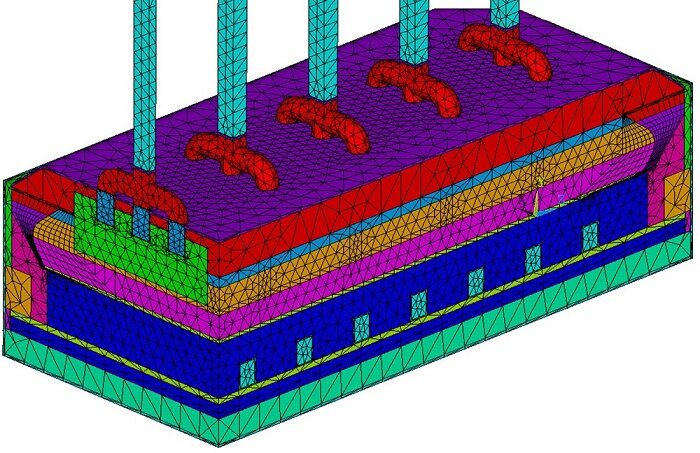
Quarter cell 3D model is the current benchmark of the Thermo-electrical modelling of aluminium reduction cell. Due to the symmetry of the cell, the model reveals condition of the entire cell and provides additional data to the classic “slice model”, such as information on the cell end wall and corners.
--------------------------------------------------------------------------------------------------------------------
Revolutionary Dynamic Moving Ledge Algorithm
Knowing the Effect of Thermo-Balance on Ledge Profile
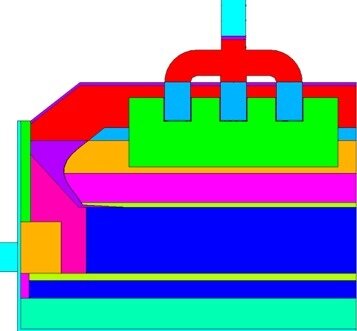
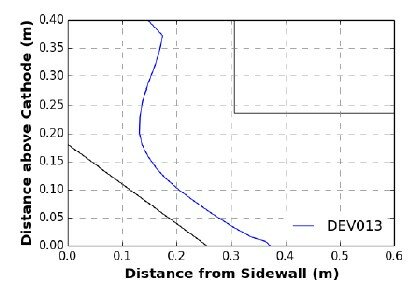
The ‘moving ledge algorithm’ developed by LMRC can predict the impact of cell design – as well as work practices – on ledge profile. This information can be used as a tool to improve the lifespan of cells by designing sufficient ledge to protect cell sidewall without encapsulating the anodes.
----------------------------------------------------------------------------------------------------------------------------------
Change Cell Conditions with Confidence
Predicting Effects of Process Control and Materials Changes
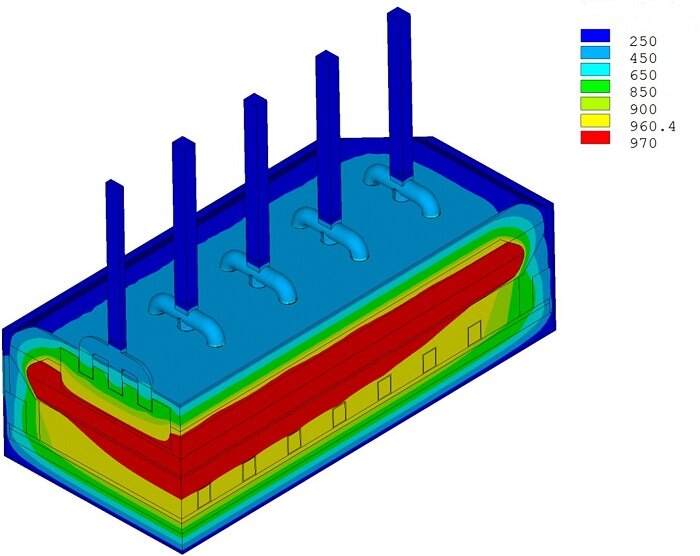
Our 3D Thermo-electrical model can predict the effect of various changes on the heat balance of the cell such as increases in line current, change in lining design, or anode cover thickness and new operating practices. From our expertise in aluminium smelting and reduction cell materials, we can recommend improvements simulated and verified by the model that reduce energy consumption and maximise performance without compromising the integrity of the cell lining.